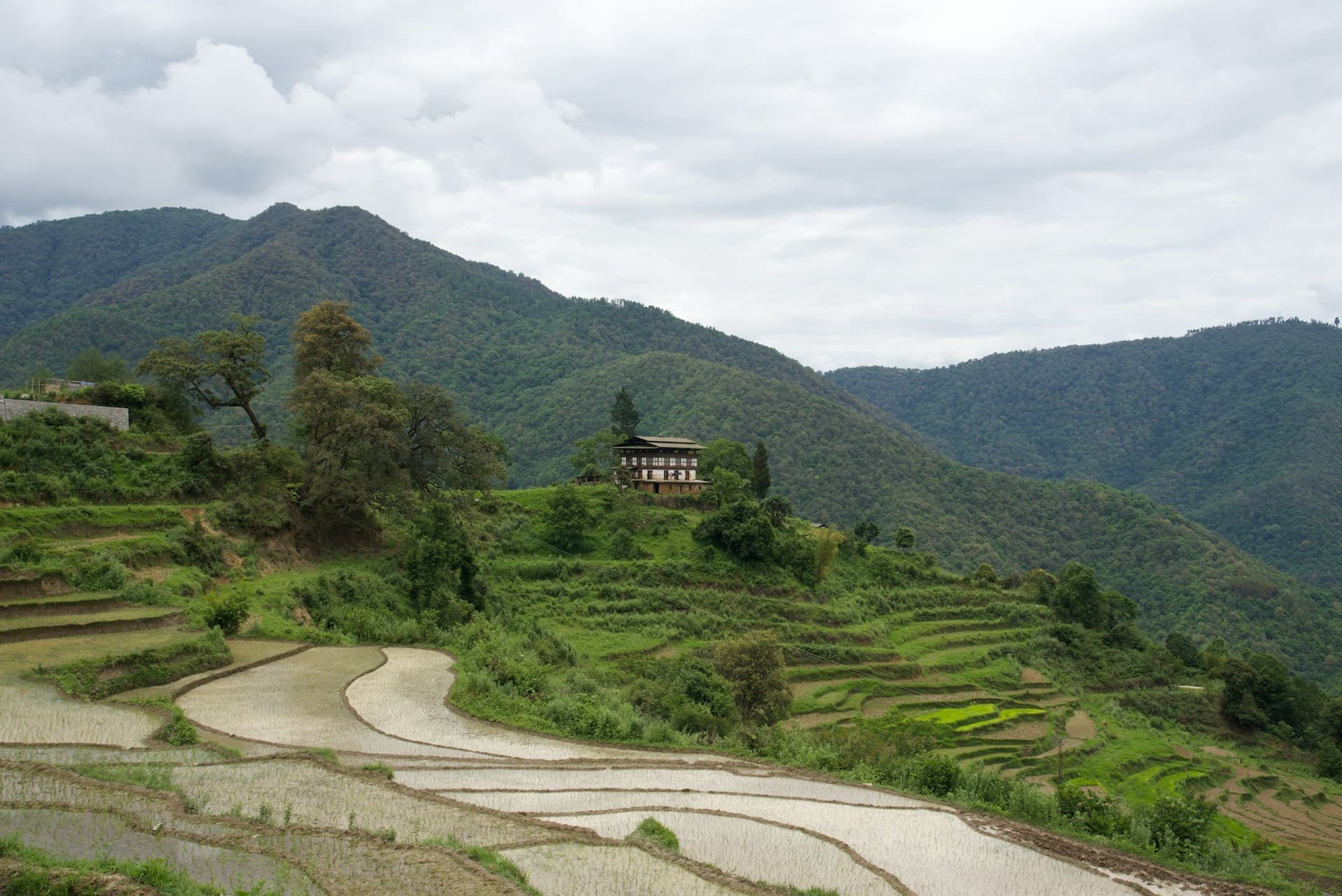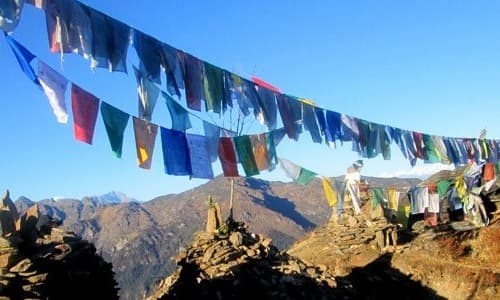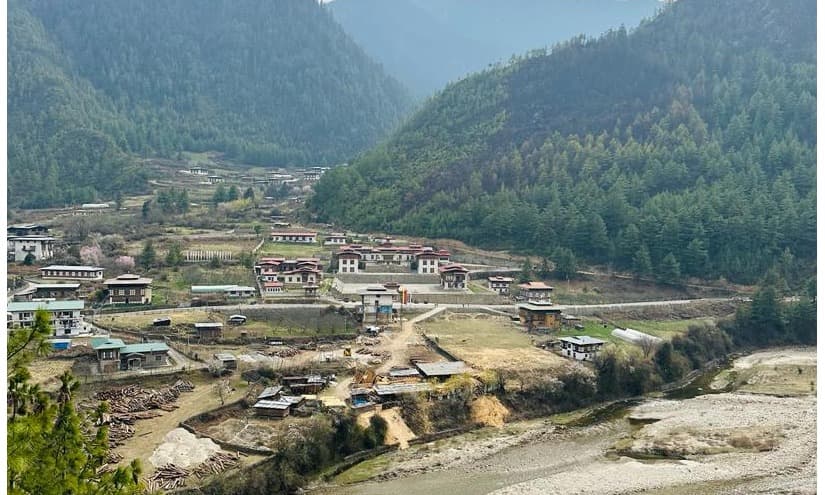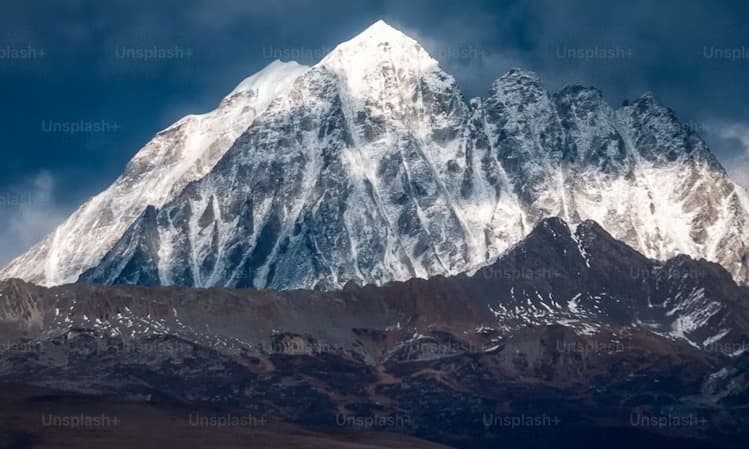The Jumolhari Trek in Bhutan is a breathtaking Himalayan journey, offering an unparalleled adventure across Bhutan's stunning landscapes. Starting with an acclimatization hike to the famous Tiger’s Nest Monastery, the trek begins from the ancient ruins of Drugyel Dzong, located north of Paro Valley. As you follow the Paro River valley towards the Jangothang base camp, you'll be treated to an extraordinary view of Mount Jumolhari, the world’s second-highest unclimbed peak at 7315 meters. An acclimatization day at the base camp allows for exploration of nearby ridges and, optionally, a visit to twin lakes.
The adventure continues as you ascend through high pasturelands and navigate a rocky trail to reach the Neyle La Pass at 4700m, adorned with stone cairns and prayer flags, offering a descent with picturesque views of the Lingzhi Dzong fortress. Crossing the Yaklayla pass at 4942m unveils breathtaking vistas of Mount Jichu Drake (6989m) and Tsherim Gang (6789m). The trek concludes with a gradual descent along the Thimphu Chu river, followed by cultural explorations in the Thimphu and Punakha valleys before your departure.





